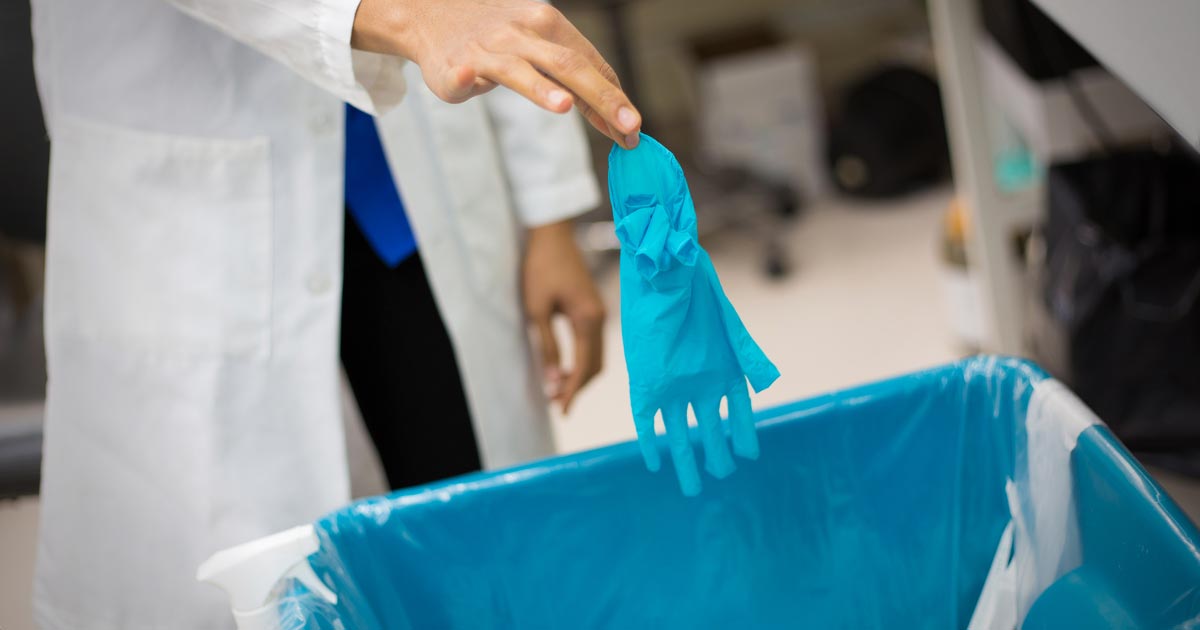Ways To Treat And Prevent Brucellosis
Brucellosis is an infection caused by bacteria spread from animals to humans, typically through the consumption of dairy products. Although rare, the infection can also be spread through the air as well. Contraction of brucellosis is rare in the United States, but globally affects thousands of humans and animals on an annual basis. Typical symptoms of brucellosis include fever, joint pain, and lethargy.
Treatment usually consists of antibiotics and can take months to fully eradicate the infection. Relapse of brucellosis is very common, and prevention is the best method for avoiding the effects of infection.
Avoid Unpasteurized Dairy

The best way to prevent the contraction of brucellosis is to avoid unpasteurized dairy products, such as cheese, milk, and yogurt. Since the invention of pasteurization, the United States has seen a decline in the number of brucellosis cases reported on an annual basis. Reported cases were found to be contributed to the consumption of raw, unpasteurized dairy products from domestic cattle herds. Because pasteurization is not practiced in every country and methods of acquiring and storing dairy varies, individuals traveling outside of the United States should not consume any dairy products.
Wear Protective Gloves In Appropriate Industries

It is important to wear protective gloves in appropriate industries such as work in slaughterhouses, farmers, and veterinarians. Although brucellosis is typically spread from animals to humans through the consumption of dairy products, it is possible for it to be contracted through the air and from direct contact with animals carrying the infection. Anytime an individual has plans to interact with animals who may be sick, the tissue of animals (alive or dead), or assisting in the birth of an animal it is imperative they engage in preventative measures and wear protective rubber gloves.
